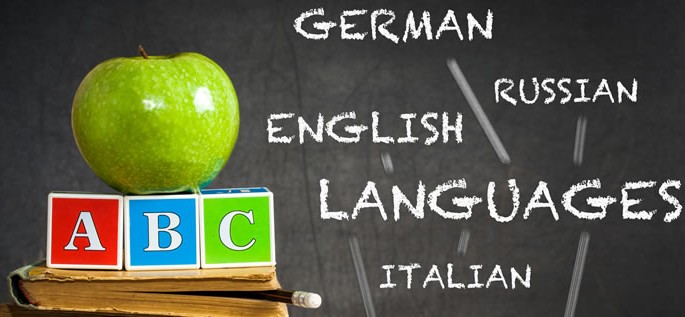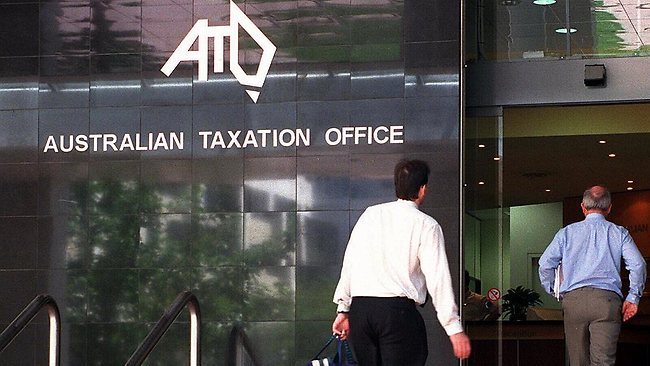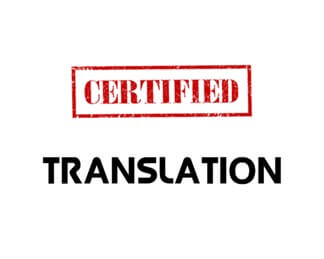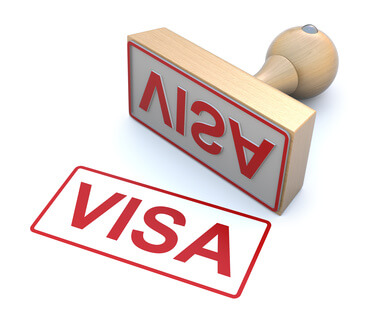
Not all countries have strict rules for translators and interpreters, but Australia does. The organization that sets and monitors standards in this field is called the National Accreditation Authority for Translators and Interpreters (NAATI). It is the body that provides the national standard and accreditation for translators and interpreters. Its aim is to seek to maintain high national standards in translating and interpreting to ensure there is a pool of talented and accredited translators and interpreters available to meet the demands for language translation in a multilingual country. The primary aim of NAATI is to issue credentials or accreditations that recognize the skills of translators and interpreters so that they can be employed in the community and those who employ them know that they will do a good job.
How to Get NAATI Accreditation?
There are several ways of getting NAATI accreditation
- Sitting and passing a NAATI assessment test
- Passing a course that has been NAATI approved
- Providing proof of an overseas qualification in translating and interpreting at the tertiary level
- Providing proof of membership of a translating professional body overseas.
NAATI recognition isn’t offered in all languages, particularly those that aren’t in high demand. Once you have been granted NAATI recognition it is an acknowledgment that you have recent experience as a successful translator and/or interpreter.
There are a number of NAATI-approved translation and interpreting courses that are qualifications of at least a diploma level or higher. The courses are offered by certain Vocational Education and Training (VET) and Higher Education campuses that have been approved by NAATI as having the credentials to teach and assess the knowledge and skills needed in the translation environment. Anyone who gains a qualification at a NAATI-approved educational institution may file an application for NAATI accreditation without the necessity to undergo any more testing.

Revalidating your Translating Credentials is a Requirement of NAATI
Accreditation from NAATI does have an expiry date. Every now and again if you have NAATI accreditation you are required to produce evidence that you have been working as a translator and have been involved in professional development. This evidence is sufficient to revalidate your credentials for the following 3 years.
Why NAATI Accreditation is Useful for Immigration
NAATI accreditation isn’t just there to prove you can translate. It can help those wishing to migrate to Australia in a number of ways, including the following.
- It is part of a skills assessment for those migrants or workers who are sponsored by an employer or who have been nominated for employment by a territory or state government.
- Accreditation is a qualification that points can be claimed for in the skill category as a translator or interpreter, which is particularly useful for a migration visa that is accessible on gaining a certain number of points.
- NAATI accreditation can also be used for the migration visa that’s based on points called the Credentialled Community Language (CCL) points.
The 1994 Migration Regulations has allocated NAATI as the assessment authority for the interpreter and translator occupations. If you file an application for your skills to be assessed, NAATI will offer to provide an assessment of your skills in two categories, which are either as “suitable” or “unsuitable” for your specific occupation as either a translator or interpreter, i.e. NAATI professional-level accreditation or higher.
Benefits of NAATI Test Clearance
It’s not too difficult to understand that if you have NAATI accreditation it will help with your migration application by accumulating much-needed points.
Why do I Need my Documents Translated by a NAATI Accredited Translator?
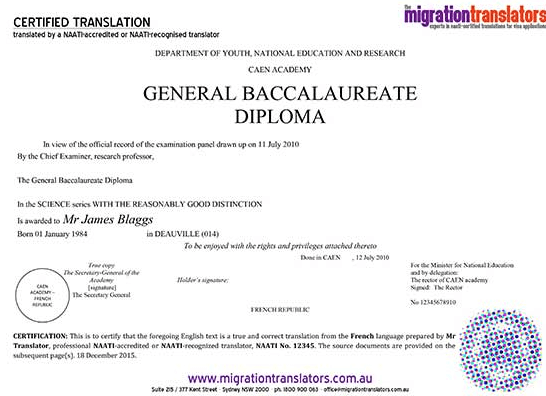
It is a requirement of most Australian government departments including the Department of Immigration and Border Protection, which handles visa applications, that all documents that are not in English must be translated by a NAATI translator for anyone who wishes to apply in one of the migration categories to reside in Australia (assuming the translation is getting done in Australia). That means if you have important documents like birth and marriage certificates that are not in English they must be translated by a NAATI translator before they are presented as part of your migration documentation. There are other documents that might fall into this category, including degree and diploma certificates, past employer references, and medical examination documents completed in another language that’s not English.
Types of NAATI Accreditation
Under NAATI’s present system, there are 10 different kinds of accreditation, which are listed below.
Conference Interpreter (Senior)
This is the highest level of accreditation for NAATI accreditation. It shows the person has an excellent level in conference interpreting which has been recognized by extensive experience and success in this area.
Advanced Translator
This is NAATI translating accreditation at the highest level. It shows an excellent level in specialized translation, gained through not only extensive experience but international leadership in translation too.
Conference Interpreter
This shows the ability to interpret in complicated, technical, and sophisticated situations. Conference interpreters work in situations where high-level negotiations are underway and at court proceedings.
Advanced Translator
This sort of competence level is necessary when handling the more complex, technical, and more sophisticated translations. Often an advanced translator will work on technical manuals, will translate research papers, conference documents, and work on documents related to higher-level negotiations and on documents related to court proceedings.
Professional Interpreter
This group represents the lowest level of competence for interpreting as recommended by NAATI for working in many different environments including the areas of law, banking, health, community, and social services. A professional interpreter is capable of interpreting in semi-specialized environments and is able to use the consecutive mode in order to interpret presentations and speeches.
Professional Translator
This represents the minimum level of competence for professional translating and is the minimum level recommended by NAATI for work in settings including banking, law, health, social, and community services. Translators at this level work across a wide range of subjects involving documents with specialized content.
Para-professional Interpreter
This accreditation is the competence level in interpreting for general conversations. Para-professional interpreters usually participate in the interpretation of dialogues that are non-specialist. Practitioners who have been accredited at this level are generally encouraged to get professional-level accreditation if they can.
Para-professional Translator
This is the competence level necessary for undertaking translations of non-specialized information such as a birth certificate. A practitioner at this level could get a more professional level accreditation when ready to do so.
Recognized Interpreter
This credential doesn’t have a specified proficiency level. All recognized interpreters should try to get a higher level of accreditation.
Recognized Translator
This is a NAATI credential that acknowledges the date of the award the translator has had regular and recent experience working as a translator with no particular proficiency level specified.
How NAATI Translator Accreditation is Awarded at a Minimum of a Professional Level
- from a language other than English (LOTE) into English;
- from English into a LOTE;
- in both directions.
NAATI Exam Questions
There are kits you can buy to prepare you for the NAATI exam questions which include materials relevant for your area as follows:
For a Paraprofessional Interpreter, a Test Kit Includes:
- a complete set of dialogue and questions which are similar to replicate a NAATI test;
- 2 extra practice dialogues;
- suggested question answers;
- a CD that includes a sample test with practice dialogues;
- an interpreter’s handbook.
For a Professional Interpreter Sample Test, Each Kit:
- is available in all languages;
- includes a script of a complete test with questions, sight translation, dialogues, and consecutive tasks;
- includes two extra dialogues for practicing;
- has 2 additional practice consecutive passages for practice; I am into English while the other is into LOTE
- has a CD that includes 2 extra practice sight translation passages
- includes an interpreter’s handbook
The Paraprofessional Translator Practice Kit:
- is available in certain languages only;
- is a script of 1 set of translation passages;
- contains ethics questions found in a NAATI test;
- includes 2 extra practice passages in the 2 languages and in both directions;
- includes a translator’s handbook.
The Professional Translator Sample Test Includes:
- sample tests in most languages;
- a script of 1 whole set of translation passages;
- ethics questions similar to a NAATI test in both language directions;
- sample translations and answers to ethics questions;
- 3 extra practice passages in each language in both directions;
- extra ethics questions.
Summary
The NAATI translator accreditation is a service that benefits all involved in the translation industry. It accredits translators and interpreters so they can prove their expertise in their field and have a better chance of employment. It helps organizations, such as the Australian Department of Immigration and Border Protection, ensure that potential immigrants have the required credentials to enter the country. It also ensures that NAATI translators and interpreters keep up their standards by insisting on revalidation of NAATI status every 3 years. All in all, NAATI accreditation is the envy of countries throughout the world.



